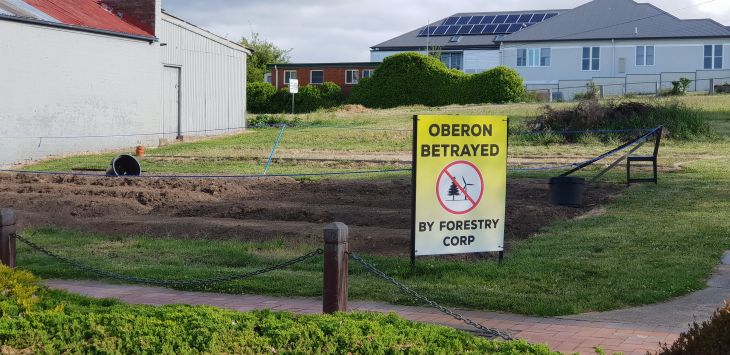
A community group in the United States expressed their opposition to the establishment of a solar energy project in their community. Image: Rogelio V. Solis, Associated Press.
The study, led by researchers at the University of Sydney’s School of Project Management, examined communities where robust local ties lead to resistance against environmental initiatives, sustainability programs, and greenhouse gas reduction projects.
“Traditionally, we’ve always thought of strong communities as a positive force – for locals and the environment,” said the senior author of the study, Associate Professor Petr Matous, Associate Head of the School of Project Management.
“However, our study shows that’s not always the case—strong communities can sometimes be significant obstacles to environmental initiatives.”
The researchers suggest this could be due to the creation of echo chambers, where beliefs are continuously reinforced with little debate, fostering a strong consensus within the group.
They compared their findings to analyses of social media communities, where like-minded individuals often reinforce each other’s views on contentious issues ranging from vaccines and reproductive rights to housing and gun control.
Dr Matous noted that while cohesive communities worldwide often collaborate to combat environmental issues like pollution, invasive species, and overfishing, strong local bonds can also have drawbacks.
“We’ve observed entire villages mobilising against renewable energy projects. For example, here in Australia, farmers in tight-knit communities have coordinated opposition to what they perceive as sudden, forceful changes on their land.”
















